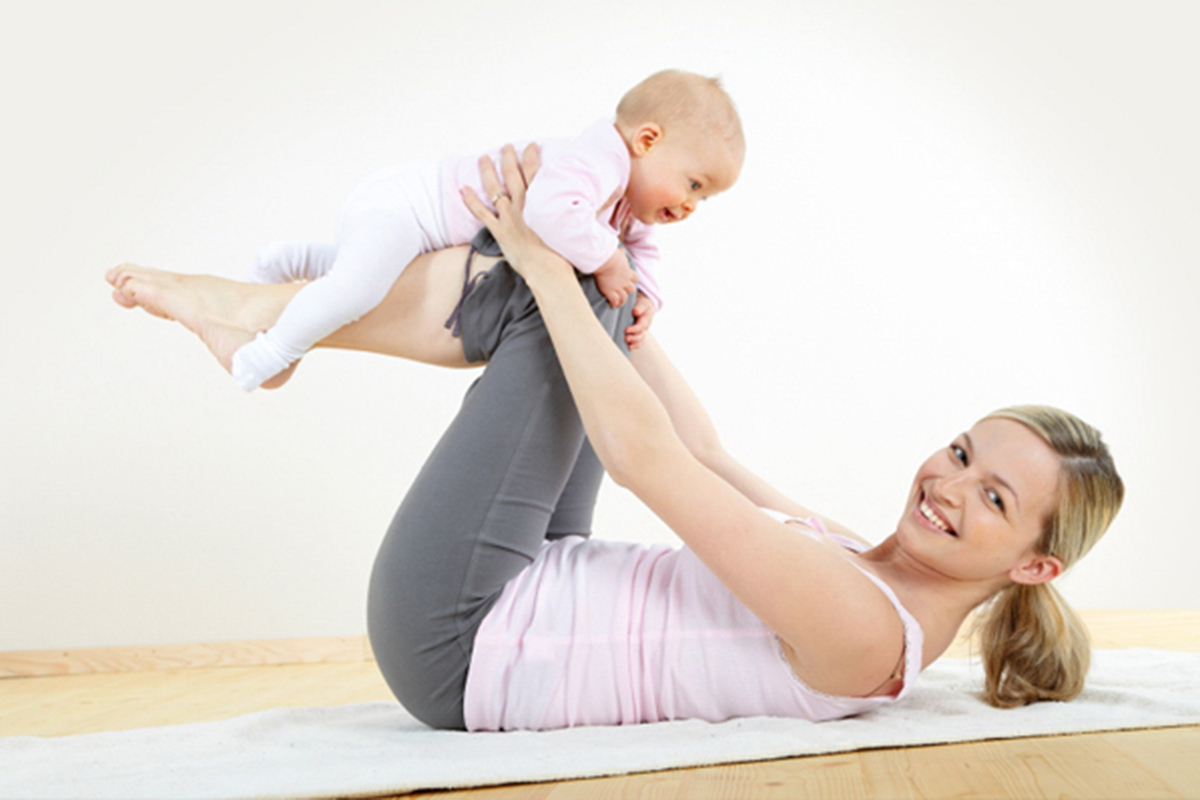
Pregnancy is one of the most incredible life experiences a woman can have, and the ability of a woman’s body to grow and nurture a child is one of God’s greatest miracles.
Although pregnancy is a joyful experience, it does take a physical toll on a woman’s body.
Women are often faced with unrealistic media representations about how they should look and feel — and pregnant women are no different.
While studies have addressed the effects — and dangers — of unrealistic media representations on the self-esteem of young women and girls, not much has been reported on how pregnant women are portrayed.
One woman has changed that with a study conducted at the University of Illinoison the negative effects of media portrayals of pregnant women.
Science Newsline reported:
Nearly half – 46 percent – of women who participated in the study reported that exposure to unrealistic images and messages fostered a host of negative emotions, such as self-consciousness about their bodies and feelings of depression, frustration and hopelessness when they’re unable to lose weight as rapidly after childbirth as celebrities purportedly do.
Images celebrating celebrities’ lightning-fast weight loss after giving birth – and the media’s overall focus on women’s bodies during and after pregnancy – can be detrimental to other women and their infants, according to the study’s lead author, Toni Liechty.
Researchers interviewed 50 women who were either pregnant or recently gave birth, and asked them about the types of media they consume and how media portrayals of pregnant or postpartum women made them feel.
“The majority of women did talk about the harm of unrealistic expectations and depictions,” Liechty said, adding the media’s representations lacked variation in body shapes and types. “If these women didn’t fit into that very narrow depiction, they felt like, ‘Maybe something is wrong with me.’”
Pictures of glowing pregnant women in adorable maternity clothes grace the covers of magazines and television and film.
They are often portrayed as fit and thin, with only their baby bump revealing the miracle growing inside of them.
And there is often no mention of the excessive weight gain, exhaustion, or other physical limitations faced during pregnancy.
And just like media portrayals of women in general, pregnant women may feel the negative effects of not looking or feeling like their unrealistic media counterparts.
Science Newsline continued:
During the perinatal period – the time frame shortly before and after giving birth – women are particularly concerned about their appearance and vulnerable to poor body image, Liechty said
Most of the participants, who were 20 or more weeks pregnant or up to nine months postpartum, viewed media portrayals of pregnant and postpartum women as idealistic and far removed from most women’s actual experiences
“Participants felt that media portrayals of women ‘losing all their baby weight’ in a short time frame set unrealistic expectations and did not account for the realities of giving birth, such as hormones, physical healing and the stress of caring for a baby.”
The study suggested even brief periods of media exposure in which pregnancy was idealized in its physical portrayals could cause serious self-esteem issues.
The effects were found to be even more profound in the postpartum period, where women often compare themselves to celebrities and other women in the media who effortlessly lose their baby weight and return to their pre-pregnancy bodies almost instantly.
The study reported:
Such dramatic weight loss is “statistically unlikely for most women,” said Liechty. “If those are the images you’re seeing, you think that it’s common and a lot of it is used to set unrealistic standards.”
Past research has found a connection between poor body image during pregnancy and the postpartum period (referred to as the perinatal period) with depression and decreased perceptions of overall well-being. Yet few studies have investigated how such women view media portrayals of the perinatal period and its impact on them.
One woman pregnant with twins said, “In the media it’s always negative if they show the person with excess weight gain during pregnancy. … I felt like I was doing something wrong and that I should have been better.”
Other women noted that many media images are altered with photo-editing tools and that celebrities have different lifestyles than them – including access to trainers and dieticians. “They had different strategies for not letting it affect them,” Liechty said. “But it’s not as simple as choosing to not let it affect them.”
Women are often told to be cautious of adopting these unrealistic portrayals on themselves. After all, celebrities use trainers, plastic surgery, and unhealthy diets to “bounce back” from pregnancy in an unhealthy time frame.
But these images are not always so easy to ignore.
The advice of some of the women involved in the study can benefit all pregnant women.
Keep in mind that media portrayals are often false. The images of women portrayed on television and in magazines are carefully crafted to promote perfection, and do not represent real women.
Pregnant and postpartum moms can take comfort in friends and family who have been there,and should be reminded that their bodies have gone through a miraculous, but difficult, undertaking and need time to heal.
The miracle of pregnancy and birth is a long process, and will not be undone overnight, despite what is portrayed in the media.
Have you experienced negative thoughts about your body during pregnancy due to portrayals in the media?
Leave us your thoughts in the comments section below.
